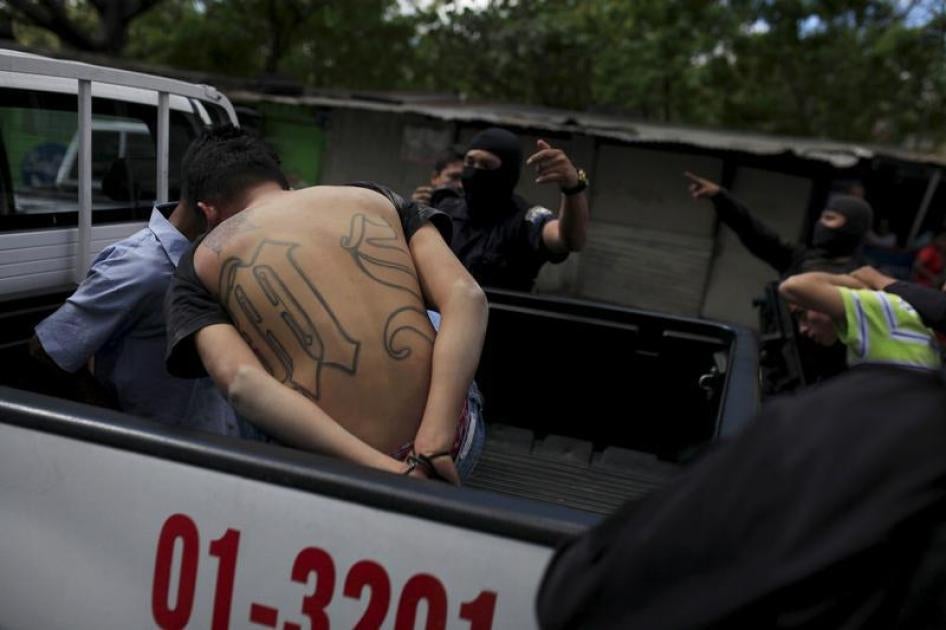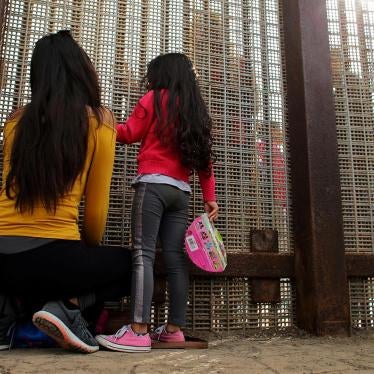In his speech announcing new “get tough on immigrants” policies, Attorney General Jeff Sessions said it was necessary to take a “stand” against “transnational gangs like MS-13 and international cartels.”
MS-13. The Mara Salvatrucha. I remember when MS-13 was a local gang, centered just outside downtown Los Angeles in the Pico-Union neighborhood. It was made up primarily of Salvadoran teens whose families had left that country to escape poverty, an oppressive right wing regime, and a brutal civil war. In the 1990s, MS-13 grew large and often violent. As a public defender in Los Angeles at that time, I represented many MS-13 members, and many of their rivals, on charges ranging from petty theft and vandalism to murder.
The gang members I represented while working juvenile court were mostly lost kids struggling with poverty, poor schools, broken families, and little hope, who found a home and structure in the gang. Some committed inexcusable acts of violence, but many were convicted for minor crimes, and then, under US policy, deported to the country of their birth. They often didn’t know the language, and had nothing there – no family or cultural ties. Nothing, except the gang.
Traveling in El Salvador in 1998, everywhere I went I saw MS-13 graffiti and hard-looking, shaven-headed boys standing on the corners, who appeared straight out of Pico-Union. I saw in them the faces of my former clients. The US deportation strategy exported Los Angeles’ gangs – MS-13 to El Salvador, 18th Street to Guatemala, other LA gangs all over Mexico and Central America. Now they have become international criminal organizations, funded by smuggling drugs and people and committing violence here and throughout much of Mexico and Central America.
The US should take intelligent steps to stop gang violence. But most of the people Sessions’ policies would crack down on – recent border crossers, including asylum seekers charged with “illegal entry” or “reentry,” parents of US citizens who may have committed some minor offense – are not transnational criminals. Often, they are the gangs’ victims.
Before breaking up families, locking people in detention centers, and causing people to fear the government, Sessions would do well to take a hard look at the unintended consequences of the United States’ own past hardline policies.









